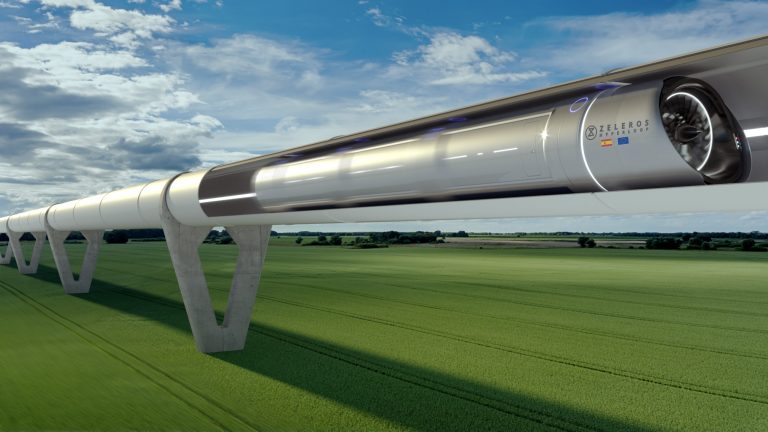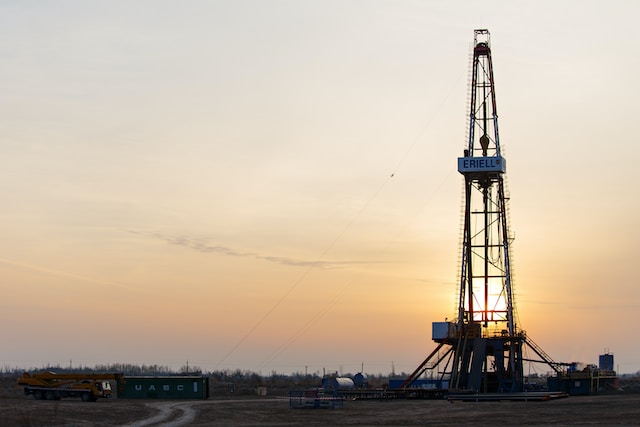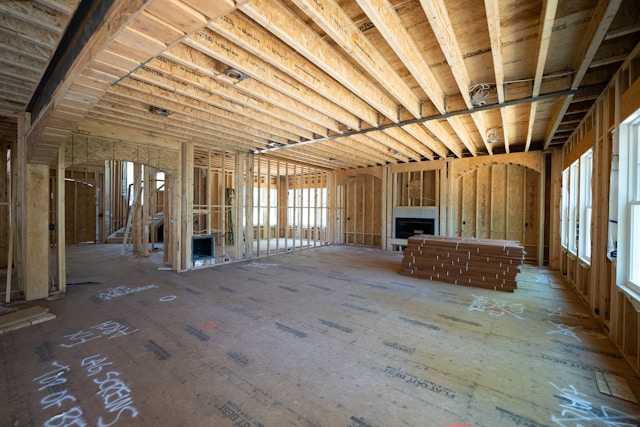Angels Capital and the MBHA, were some of the key players in this phase, pushing Zeleros forward with impetus. The company envisions long-distance connections for passenger and cargo transportation, linking points that are 400 to 1500 kilometers apart.
Zeleros welcomed the on-boarding of strategic partners in this aspiring effort, and as David Pistoni, the CEO of the firm stated, their support will help accelerate the development of their technologies. For starters, the incoming funds will help the start-up develop and demonstrate a pilot project that will prove the technology in a real environment.
This demonstration will come in the form of a three-kilometer test track located in Spain. This will lay the ground for the next investment rounds which hopefully will lure in the several billions that are required for realizing longer hyperloop routes.
One of the key aspects of Zeleros’ promotional arguments is the fact that hyperloops connecting all major European capitals would have a positive impact on the environment. More specifically, Europe would be saved from approximately 7 million tonnes of greenhouse gas emissions every year. In the context of moving forward towards a greener future and investing in environmentally friendly technologies, Zeleros hopes to capture some of the funds that are bound to be pushed to that direction, not only by private investors but also by national and international organizations.
In comparison to other projects like Virgin’s “Hyperloop One”, Tesla’s “Hyperloop TT”, or even the Canadian “TransPod”, Zeleros is still young and unproven. However, they already deploy a team of 20 expert engineers, are engaged in a geographical area of relative exclusivity, and look like they’re ready to push forward at blasting speeds as long as everything goes as planned.







